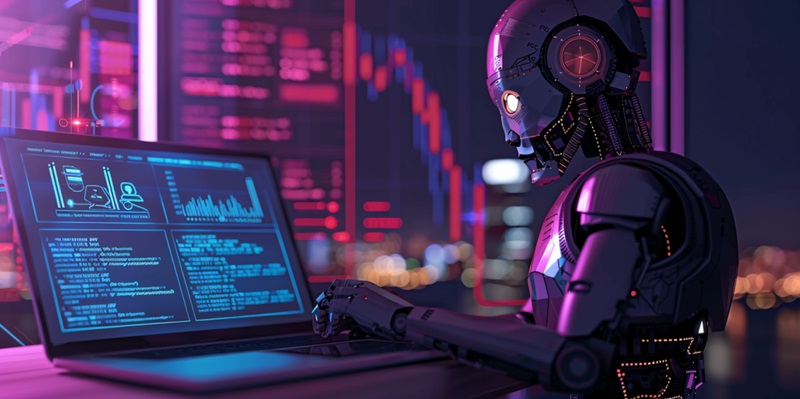At Y Combinator’s recent Demo Day, the growing influence of artificial intelligence (AI) was prominently on display, mirroring the broader tech industry’s pivot towards AI-driven innovation. Startups, tapping into the power of AI, are attracting investor attention by incorporating machine learning and analytics to reshape industries and disrupt markets.
The versatility of AI is proving to be a key factor in its widespread adoption among startups, offering substantial improvements in efficiency, enabling data-driven decision making, and giving birth to new categories of products such as adaptive ‘smart’ devices. This AI revolution is not confined to any single industry; it spans across sectors such as healthcare, where it enhances the precision of diagnoses, and agritech, where it boosts crop production through intelligent farming techniques. As AI becomes a driving force, the tech community eagerly awaits the transformative impact of today’s AI-powered startups.
Diversifying AI Application
The diversity of AI applications was a standout theme at Y Combinator’s latest Demo Day, which showcased a variety of AI-centric startups indicative of the cross-industry evolution. With AI-driven innovations strengthening cybersecurity, personalizing retail experiences, and simplifying legal processes, the event showcased how AI is becoming critical in reimagining business operations. These startups set the stage for a future where AI integration is not just a competitive advantage, but a primary business imperative.
The proliferation of AI applications signifies a paradigm shift in the technology landscape, where traditional industry boundaries are increasingly blurred. Today, all sectors are embracing AI as a critical component for maintaining competitiveness and fostering growth. Y Combinator’s Demo Day offers a glimpse into a future dominated by tech, wherein AI’s pervasiveness fundamentally redefines what it means to be a technology company. As these AI-powered enterprises progress, they chart a path for broad transformation across the business ecosystem.

